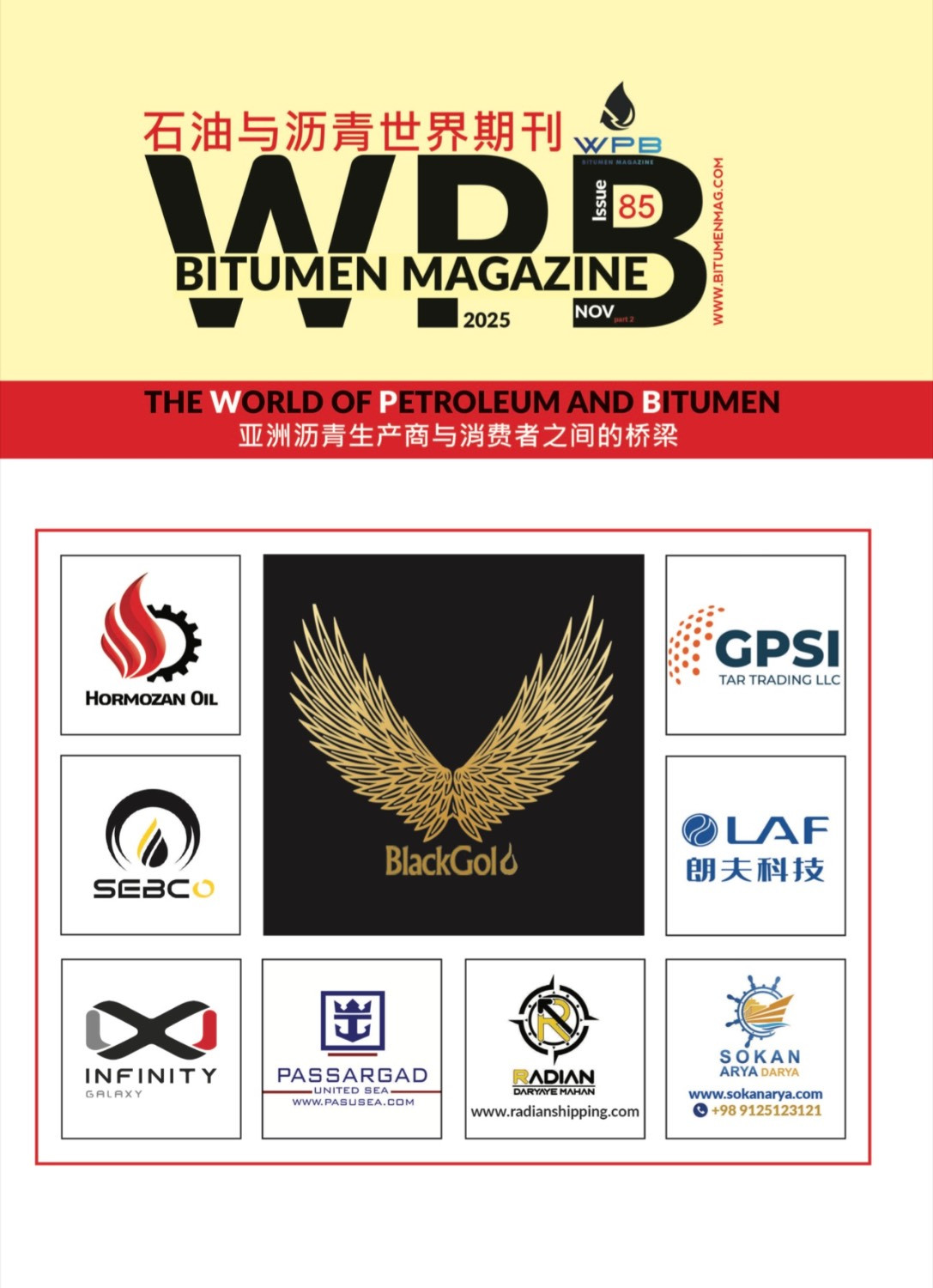WPB: Thailand’s bitumen industry has been experiencing rapid expansion, driven by the country’s commitment to infrastructure development, increasing urbanization, and rising demand for durable road construction materials. The government’s continued investment in expressways, highways, and urban transport networks has significantly influenced the consumption and trade of bitumen. As the country strengthens its position in the regional market, both domestic demand and international trade dynamics are shaping its role in Southeast Asia’s bitumen sector.
One of the primary forces behind the increasing use of bitumen is Thailand’s growing network of roads and highways. Large-scale construction projects, many of which are part of national development initiatives, require high-quality paving materials to support long-term durability and performance. The government has prioritized strategic projects such as the expansion of the Eastern Economic Corridor, a critical transportation and logistics hub. Additionally, transnational infrastructure programs aimed at enhancing connectivity with neighboring countries have fueled the need for road construction materials. Expanding cities like Bangkok and Chiang Mai further contribute to this rising demand, as they require well-maintained roads to accommodate growing populations and economic activity.
To improve the longevity of roads and highways, Thailand has been increasingly adopting polymer-modified bitumen, which offers enhanced resistance to extreme weather conditions and traffic loads. With its ability to withstand high temperatures and heavy use, this advanced bitumen type has become a preferred choice for critical infrastructure projects. In addition, the country is aligning with global sustainability trends by exploring bio-based and recycled bitumen solutions that reduce environmental impact while maintaining performance standards.
Bitumen trade in Thailand is also undergoing notable shifts. As one of Southeast Asia’s largest bitumen importers, the country sources a significant portion of its supply from refining centers in Singapore and Malaysia, as well as key producers in the Middle East. In 2023, Thailand imported approximately 1.2 million tons of bitumen to meet local demand, a figure projected to rise to 1.5 million tons in 2024 as new construction projects drive additional consumption. While primarily dependent on imports, Thailand has also expanded its role as an exporter, supplying neighboring countries such as Vietnam, Laos, Myanmar, and Cambodia. In 2023, outbound shipments reached around 400,000 tons, with an expected increase of 8-10% in 2024. This growing export activity highlights Thailand’s emergence as a regional supplier, supported by its refining capacity and strategic trade position.
Efficient logistics and packaging are essential in Thailand’s bitumen supply chain. Bulk transportation via tanker trucks and cargo ships remains the most common method for large-scale projects, ensuring timely delivery to major construction sites. Steel drums are frequently used for smaller orders, particularly for specialized applications. In export markets, jumbo bags with reinforced pallets offer a practical solution for controlled shipments. Thailand’s trade infrastructure, including major ports such as Laem Chabang and Bangkok Port, plays a crucial role in handling bitumen imports and exports, ensuring smooth distribution across domestic and international markets.
The introduction of high-performance bitumen grades is another key development in Thailand’s market. Engineers are increasingly utilizing polymer-modified bitumen for highways and urban roads, as it provides superior resistance to cracking and wear. High-performance bitumen is also becoming more common in critical applications such as airport runways and bridges, where durability is essential.
As Thailand continues to invest in infrastructure and modernize its transportation networks, the bitumen sector is poised for sustained growth.
Government-backed projects, increasing exports, and the adoption of innovative and sustainable materials are shaping the country’s role as a significant player in Southeast Asia’s bitumen market. With a focus on long-term development and advanced construction technologies, Thailand is set to strengthen its position as both a major consumer and supplier of bitumen in the region.
By WPB
Bitumen, PMB, Market, Thailand



















